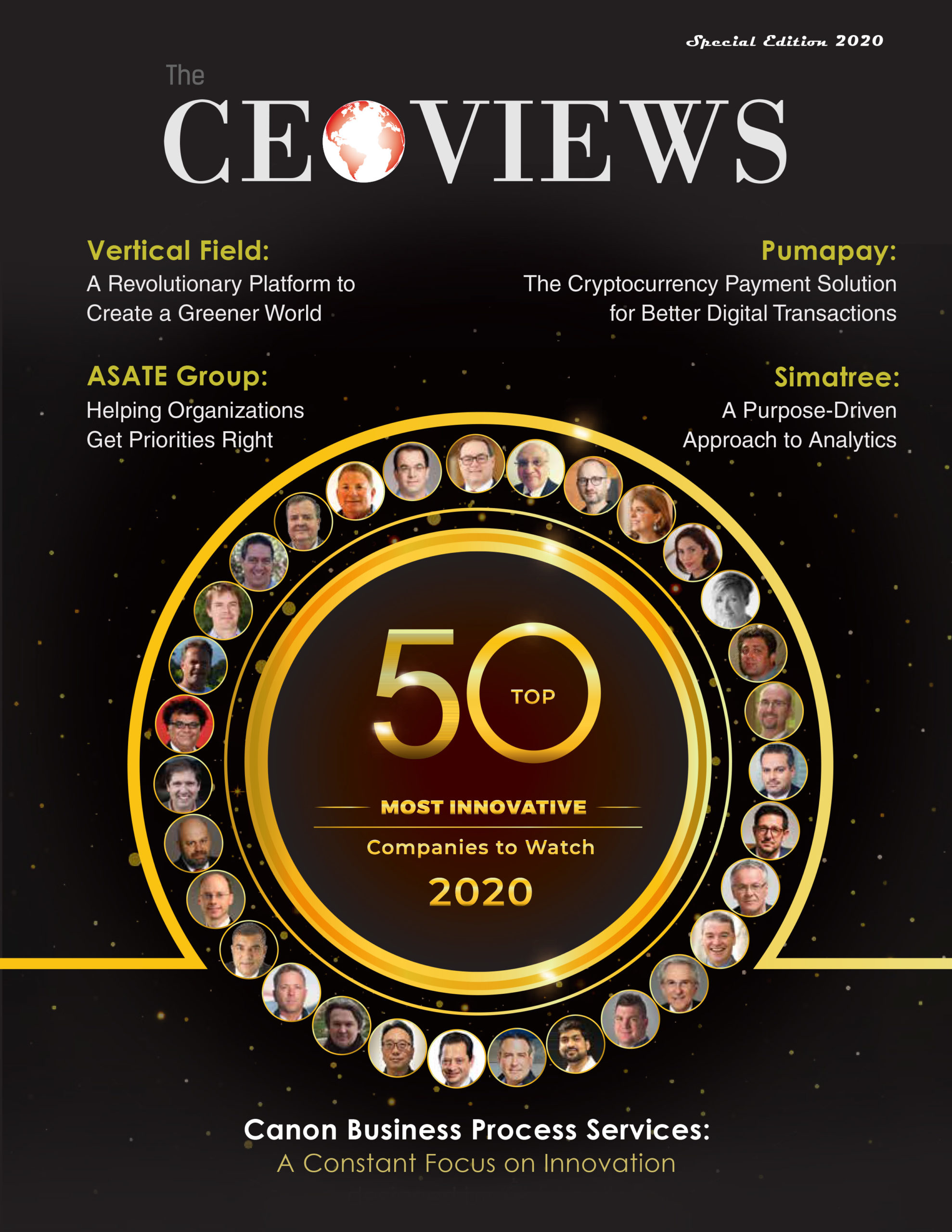In today’s competitive business environment, scaling company culture is essential for organizational success. An employee engagement platform is a powerful tool that helps CEOs foster a cohesive and motivated workforce, aligning with company values and enhancing overall performance.
Scaling culture is a critical endeavor for organizations aiming to remain competitive and efficient. An employee engagement platform serves as a central hub that integrates various features designed to boost workplace culture. These platforms facilitate recognition, retention, and productivity by aligning with company values and goals. Leaders who embrace these technologies are better positioned to cultivate a culture of excellence and innovation within their teams.
How employee engagement platforms enhance company culture
Employee engagement platforms have transformed how teams interact and collaborate, offering a wide array of functionalities that enhance company culture. Features like peer recognition, feedback systems and communication tools simplify engagement across hybrid teams. This technological integration ensures that all members, whether remote or on-site, remain connected and aligned with the company’s mission. Furthermore, these platforms allow for greater flexibility, enabling employees to contribute meaningfully from any location.
“At Flaree, we believe engagement tools should reflect a company’s unique culture—not shape it. When platforms are built around your core values, recognition becomes more authentic and employees feel truly connected to the mission.”
— Ewa Sadowska, HR Expert at Flaree
Aligning these platforms with your company’s values is essential for maximizing their potential benefits. A well-chosen platform, like the Flaree app, reinforces the organization’s mission by promoting consistent messaging and fostering a culture of open communication. By selecting tools that resonate with the company’s ethos, leadership can create an environment where employees feel empowered to contribute meaningfully.
Incorporating analytics into these platforms provides leaders with valuable insights into team engagement and cultural alignment. Organizations can identify trends, measure cultural impact and make informed decisions that drive success. These insights help in refining strategies to ensure continuous improvement in cultural development.
Key features driving cultural success in employee engagement
The peer-to-peer recognition feature of modern platforms plays a pivotal role in boosting morale and reinforcing company culture. By allowing employees to acknowledge each other’s contributions through kudos or similar systems, organizations foster a supportive atmosphere that encourages excellence. Recognition not only enhances individual performance but also strengthens team bonds.
Analytics is another crucial feature that provides actionable insights into workforce dynamics. By tracking metrics such as engagement levels and cultural alignment, leadership can make informed decisions to optimize team performance. These data points help tailor strategies that align with organizational goals.
Furthermore, HR tech integration within these platforms ensures seamless management of employee data and facilitates strategic cultural planning. By automating administrative tasks, HR departments can focus on more impactful activities that contribute to the company’s growth.
Effective strategies for integrating engagement platforms in workflows
To successfully integrate an employee engagement platform into existing workflows, it is important to establish a clear implementation strategy. Start by setting a regular cadence for recognition activities to maintain momentum within the team. Consistent acknowledgment of achievements ensures sustained engagement and motivation among employees.
Aligning platform usage with organizational values is crucial for maximizing its effectiveness. Ensure that all employees understand the purpose behind each tool and how it contributes to the overall mission of the company. This alignment promotes a cohesive culture where everyone works towards common objectives.
Tracking leading indicators through analytics helps refine strategies over time. By regularly reviewing performance data, you can identify areas for improvement and adjust your approach accordingly. This iterative process ensures that your organization remains agile and responsive to changing needs.
Monitoring key performance indicators for cultural success
The ability to track key performance indicators (KPIs) is essential for assessing the impact of engagement strategies on company culture. By monitoring metrics such as employee satisfaction levels and cultural alignment, leaders gain insights into the effectiveness of their initiatives.
Adjusting strategies based on analytics allows organizations to fine-tune their approach for optimal results. Regularly evaluating KPI data ensures that efforts remain aligned with business objectives and drive continuous improvement in cultural development.
Encouraging CEOs and growth leaders to explore innovative solutions can foster a productive work environment where engagement thrives. These platforms offer comprehensive tools that support recognition programs tailored to specific company cultures.










